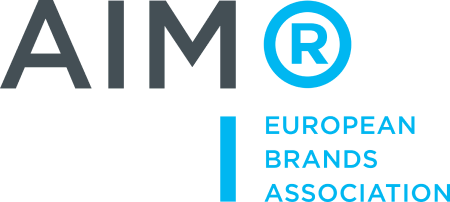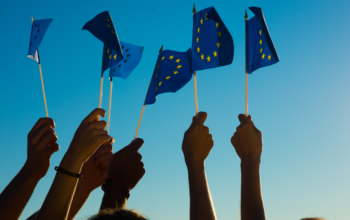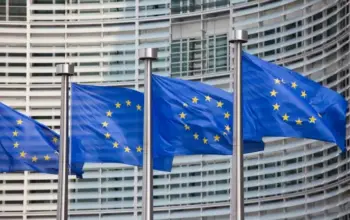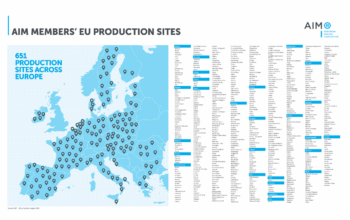Fair and efficient value chains

Promoting fairness for all in the value chain, from workers to consumers
Brand manufacturers work across large, complex value chains to create brands people love. The end-to-end value chain is host to many interdependent players. Upstream, farmers provide ingredients or small enterprises provide specialist components; and downstream, retailers and distributors provide the end product to the final consumer.

Activities
We believe that a supply chain that operates fairly will build resilience and value for all in the chain.
In order to provide choice to consumers and meet their needs every day, brand manufacturers manage highly efficient and productive supply chains that operate throughout the EU, and beyond.
Every player in a supply chain has an interdependent relationship with others in it: problems with supply impact the ability to manufacture, and levels of demand impact distribution. For a product to reach the market efficiently, every link in the chain is needed. This is why AIM has long supported rules that create Fairness for All.
Brand manufacturers have also invested to deliver products that are more sustainable, with reduced carbon emissions and waste throughout the value chain. This kind of investment, and the resulting efficiencies, require a level playing field for brands to compete. This is why fair trading practices are crucial to AIM members – both upstream in terms of responsible sourcing and downstream in terms of business relationships with partners in retail and distribution. AIM supports legislation that levels the playing field in relevant ways, putting fairness at the heart of supply chains.
Brand manufacturers have been one of the powerhouses of the Single Market since it was formed in 1992. An internal market in the EU has enhanced consumer choice in all markets, and €276 billion of consumer products are traded within the EU on average every year.
To ensure the smooth transition of goods within the EU, we need coherent and harmonised rules. There are ongoing barriers to business that are fragmenting the Single Market, such as different countries’ rules on compliance and labelling. Local markets remain valuable, but simplifying rules in the EU can help to stimulate growth and competitiveness.
AIM-Progress is a global forum of leading Fast Moving Consumer Goods (FMCG) manufacturers and common suppliers, working together to enable and promote responsible sourcing practices and sustainable supply chains. They co-create solutions and share best practices to drive positive impact efficiently and at scale.
AIM supports and sponsors AIM-Progress. Its goal is to positively impact people’s lives and ensure respect for human rights, while delivering value to our members and their supply chains. We abide by applicable anti-trust legislation.
Our key objective is to build capability so that member organisations and their suppliers have the knowledge, confidence and ability to execute robust responsible sourcing programmes. We do this by:
- Focusing on the issues that matter – specifically respect for human rights.
- Prioritising practical action, not just conversation, to create lasting change in global supply chains.
- Promoting collaboration between brands and suppliers (with due respect for anti-trust legislation).
- Building partnerships and networking.





